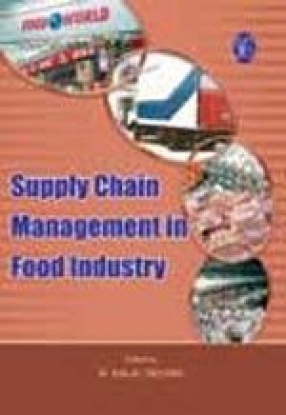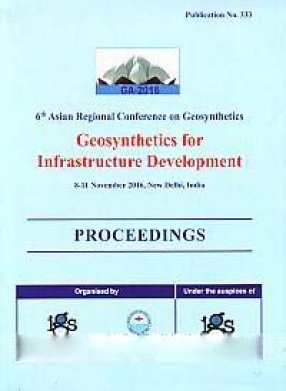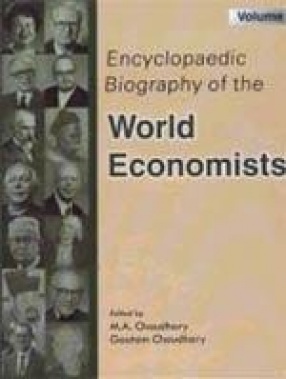The new age consumers are becoming more health conscious in terms of hygiene, source of the food, ingredients of processed food and caloric content. Food safety has become a primary concern across the world. The food industry is vast and diversified, categorized by different segments such as fresh food industry, organic food industry, processed food industry, livestock food industry, etc. Each segment is unique in nature and when it comes to final food products, all segments are interlinked. Each segment needs different supply chain solutions such as procurement and sourcing, inventory management, warehouse management, packaging and labeling system, distribution management, etc. In the food supply chain, the products pass through a number of players who add value to the product at each stage. If they compromise at any one stage in the supply chain, it affects the end-consumer health. Food industries are changing their business model with innovative supply chain to create great customer buying experience and quality and safety food. To build up the competitive advantage, the food industry needs more visibility and better control in the supply chain. For achieving continuous growth in the market share, the food service providers should achieve good quality and hygiene products, less lead time, cost reduction, reliability, inventory control, flexibility, innovation and process efficiency. To meet these challenges, the food industry is beginning to implement the Supply Chain Management (SCM) that creates a balance between customer requirements and supply chain capabilities.
Supply Chain Management in Food Industry
In stock
Free & Quick Delivery Worldwide
reviews
Bibliographic information
Title
Supply Chain Management in Food Industry
Author
Edition
1st ed.
Publisher
ISBN
813141390X
Length
236p.
Subjects








There are no reviews yet.